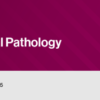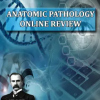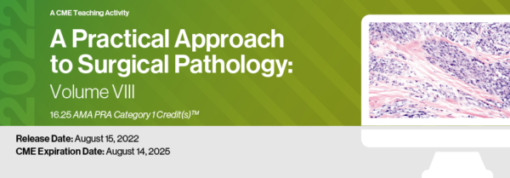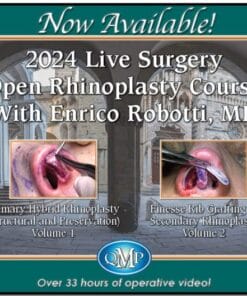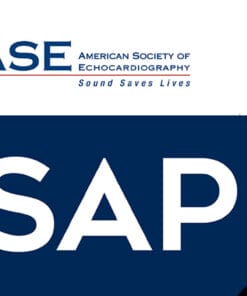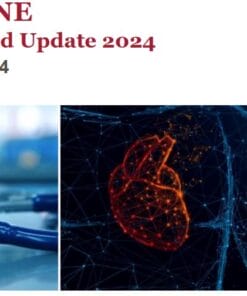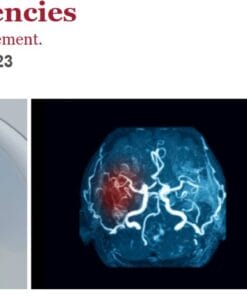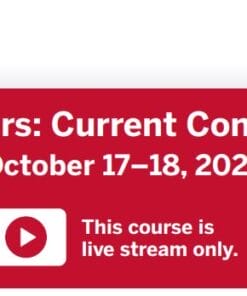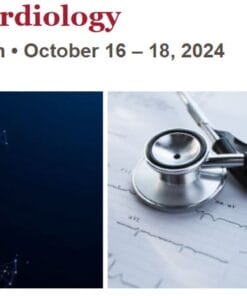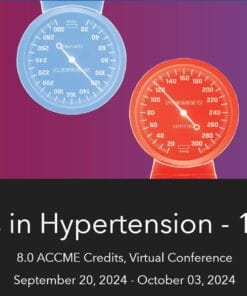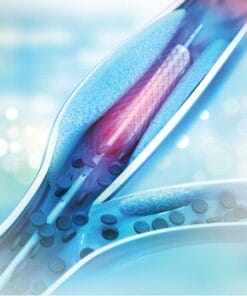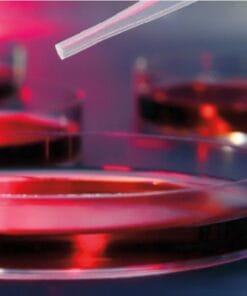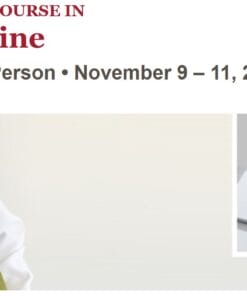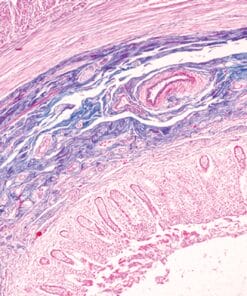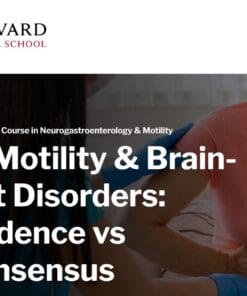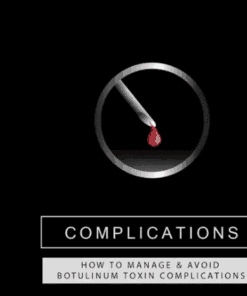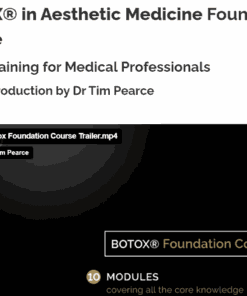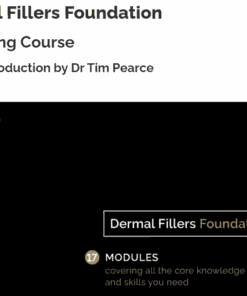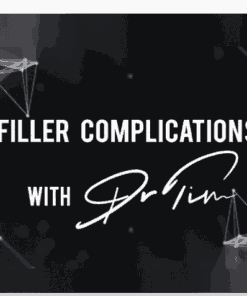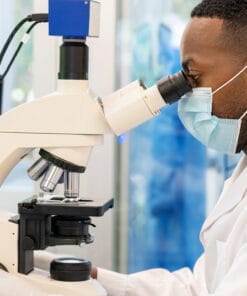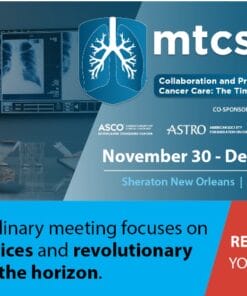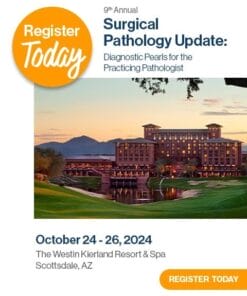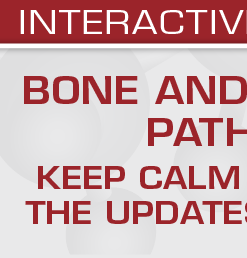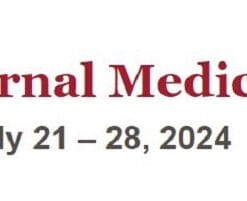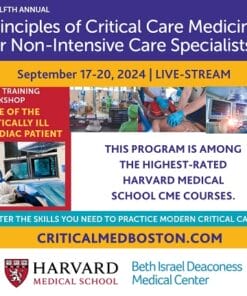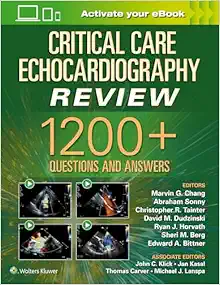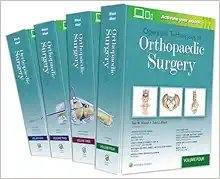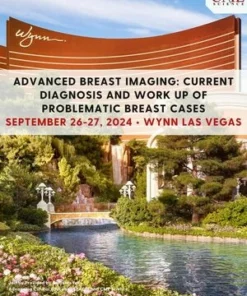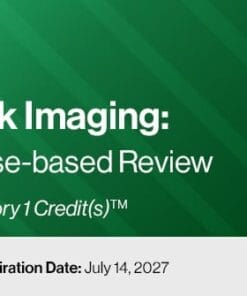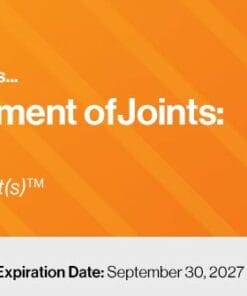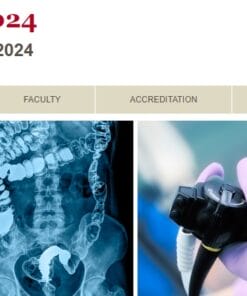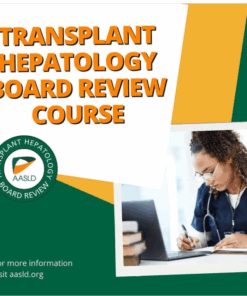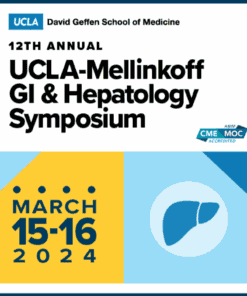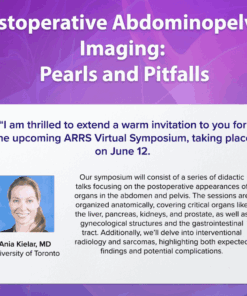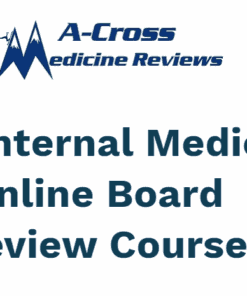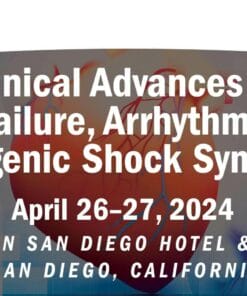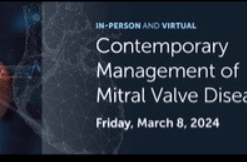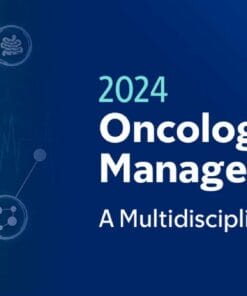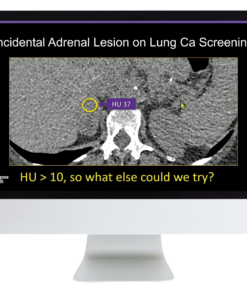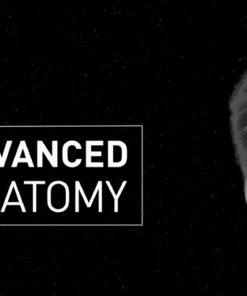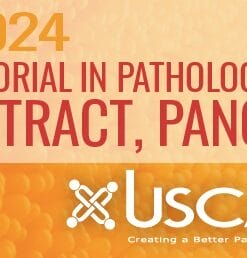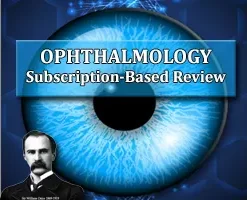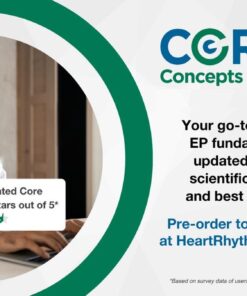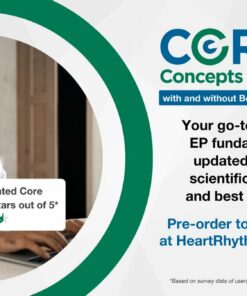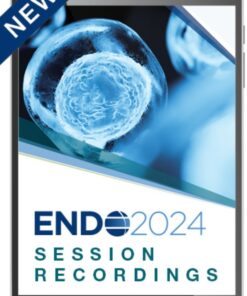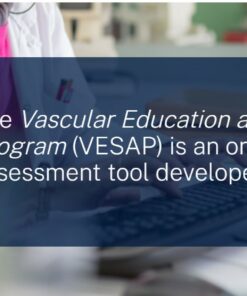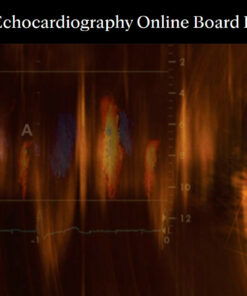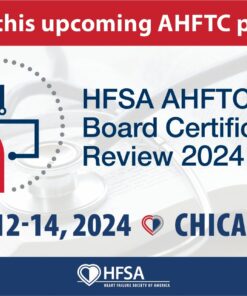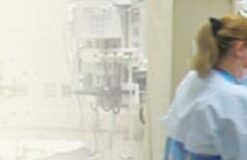This CME activity has been designed to provide a thorough review of common topics encountered by practicing surgical pathologists, including gastrointestinal, hepatobiliary, breast, head and neck, endocrine, genitourinary and soft tissue pathology. This CME activity includes a thorough update and a comprehensive overview of the most important diagnostic features which allow pathologists to make accurate diagnoses, as well as important clues as to how to avoid the most common diagnostic pitfalls. Also included is a detailed review of the various diagnostic immunohistochemical and molecular diagnostic techniques which aid in rendering a diagnosis.
Target Audience
This CME activity is primarily designed to educate practicing pathologists.
Educational Objectives
At the completion of this CME teaching activity, you should be able to:
- Discuss the most useful diagnostic features in distinguishing amongst the various well-differentiated lipomatous tumors.
- Explain the approach to mesenchymal tumors of the gastrointestinal tract based upon primary cytology of the neoplastic cells.
- Discuss the most common diagnostic entities in the differential diagnosis of highly cellular spindle cell tumors.
- Describe the WHO criteria for the diagnosis of lobular carcinoma in situ and the uses and limitations of e-cadherin immunohistochemistry in evaluating in-situ lesions of the breast.
- Summarize the recent updates in the molecular basis of thyroid neoplasia as well as to understand the historical and practical reasons for the complexity of tumor characterization.
- Use the differentia diagnosis of chronic idiopathic inflammatory bowel disease and its mimics in daily practice.
- Discuss the practical approach to the diagnosis of papillary lesions of the breast aided by a targeted panel of immunohistochemical markers.
- Review relevant updates in prostate cancer grading and unfavorable pathologic features and their impact on reporting.
- Discuss common and uncommon renal tumors with eosinophilic cytoplasm and become familiar with key morphologic and immunohistochemical features useful in making these distinctions.
- Recognize the morphologic correlation of cytopathologic findings with histopathologic features and discuss the utility of ancillary molecular testing for the diagnosis of salivary gland lesions.
- Describe current testing guidelines with an optimized approach for histologic and cytologic samples of suspected HPV-related squamous cell carcinoma.
- Use a basic framework of histologic patterns and their clinical and laboratory correlates to diagnose common medical liver diseases.
- Apply diagnostic criteria for common inflammatory neoplastic diseases of the appendix in daily practice.
- Characterize the common elements of neuroendocrine neoplasia throughout the body.
- Summarize the spectrum of steroidogenic tissues and understand their structural and functional features.
- Discuss the difficulties in evaluating breast lumpectomy and mastectomy specimens following neoadjuvant chemotherapy.
- Describe the histologic features and clinical significance of the spectrum of myoepithelial and combined epithelial-myoepithelial lesions of the breast.
Program :
An Approach to Well-Differentiated Lipomatous Tumors
John R. Goldblum, M.D.
Papillary Lesions of the Breast
Carmen Gomez-Fernandez, M.D.
Biopsy Evaluation of Non-Neoplastic Diseases of the Large Bowel: An Algorithmic Approach
Laura W. Lamps, M.D.
Thyroid Neoplasia: Inching Towards a Molecular Classification
Sylvia L. Asa, M.D., Ph.D.
Spindle Cell Tumors with a Focus on Use of Ancillary Diagnostic Techniques
John R. Goldblum, M.D.
Lobular Carcinoma In-Situ and Problematic In-Situ Breast Lesions
Stuart J. Schnitt, M.D.
Salivary Gland Pathology: The Complementary Roles of Cytopathology and Histopathology and the Emergency of Molecular Diagnostics
Carmen Gomez-Fernandez, M.D.
Medical Liver Disease: A Basics Refresher Course
Laura W. Lamps, M.D.
Prostate Cancer 2022
Cristina Magi-Galluzzi, M.D., Ph.D.
Neuroendocrine Tumors: Hormones from Head to Tail
Sylvia L. Asa, M.D., Ph.D.
The Challenge of Evaluating Post-Neoadjuvant Systemic Therapy Breast Specimens
Stuart J. Schnitt, M.D.
Beyond Acute Appendicitis: Fascinating Lesions of the Vermiform Appendix
Laura W. Lamps, M.D.
GIST and Beyond: An Approach to GI Mesenchymal Tumors
John R. Goldblum, M.D.
Practical Considerations of Human Papillomavirus Testing in Head and Neck Squamous Cell Carcinoma
Carmen Gomez-Fernandez, M.D.
Myoepithelial and Combined Epithelial-Myoepithelial Lesions of the Breast
Stuart J. Schnitt, M.D.
Pink Renal Tumors: How Far Can You Go With Morphology
Cristina Magi-Galluzzi, M.D., Ph.D.
Steroidogenic Tumors: Germline Predisposition in Endocrine Neoplasia
Sylvia L. Asa, M.D., Ph.D.
Recent Advances in Bladder Cancer Classification, Grading, Staging and Reporting
Cristina Magi-Galluzzi, M.D., Ph.D.
CME Release Date 08/15/2022
CME Expiration Date 08/14/2025


